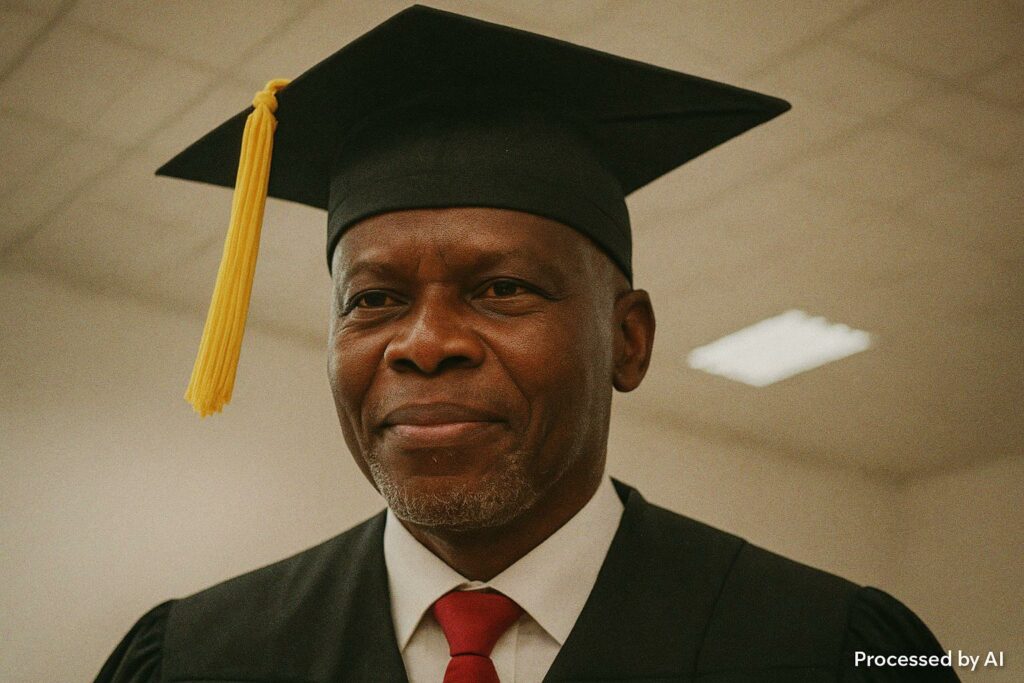A Strategic Forum for National Human Capital
Five days at the beginning of August turned the Palais des Congrès in Brazzaville into a bustling agora where recent secondary-school graduates, parents and institutional partners weighed academic possibilities for the 2025–2026 cycle. The Salon de l’Information et de l’Orientation des Bacheliers, convened under the authority of Minister of Higher Education Prof. Delphine Édith Emmanuel, has become a fixed point on Congo-Brazzaville’s education calendar, mirroring similar guidance fairs in Dakar and Abidjan that seek to stem regional skills gaps (UNESCO Institute for Statistics). The stakes are high: roughly sixty-four percent of Congolese aged 18–25 remain outside tertiary education, a deficit the government recognises in its Plan national de développement 2022-2026. By offering face-to-face counselling and programme mapping, the fair functions as a soft-power instrument aimed at retaining talent while signalling policy coherence to international partners.
Colonel Ibara’s Vision of Diversification
Against this backdrop, the stand of the Academy of Sciences and Arts of Congo commanded particular attention. Colonel Maurice Itous Ibara—engineer by training, officer by career and entrepreneur by persuasion—used the platform to outline what he called “a portfolio for the age after crude”. In media remarks, he argued that hydrocarbon dependence, while still critical to budget revenues, can no longer monopolise the aspirations of Congolese youth. His university, accredited in 2023 and operating under a public-private partnership framework encouraged by the Ministry, positions itself as an incubator for cross-disciplinary competences that bridge infrastructure development, cultural industries and digital services.
Curricular Breadth Bridging STEM and Creative Sectors
Instead of merely replicating conventional business-administration tracks, the Academy’s catalogue layers architecture, civil engineering and environmental regulation alongside telecommunications, audiovisual production and ethnomusicology. Financial stewardship receives explicit attention through banking, insurance and quantitative accounting modules, while hospitality management acknowledges the tourism potential of the Congo Basin. By clustering these offerings, the institution seeks to generate synergies: students in infographics collaborate with those in music production on heritage-promotion projects; future network engineers prototype sensor grids to monitor urban micro-climates studied by environmental science cohorts. Colonel Ibara contends that such horizontal integration equips graduates to navigate what the African Development Bank labels the “green-blue economy continuum” (AfDB 2024 Outlook).
Governmental Backing and International Benchmarks
The Ministry of Higher Education has welcomed private-sector experimentation as a complement to state universities currently managing enrolment pressures. Officials at the fair cited the forthcoming overhaul of quality-assurance norms, developed with support from the African and Malagasy Council for Higher Education, to guarantee that innovative curricula remain compatible with the Licence-Master-Doctorat architecture that facilitates student mobility within the Economic Community of Central African States. International donors quietly view such alignment as a prerequisite for targeted scholarship funds; a European diplomat present at the opening ceremony remarked that “convergence of standards is what unlocks internship pipelines with our corporate partners.” The Academy, for its part, already maintains a memorandum with Morocco’s Institut National des Postes et Télécommunications and is negotiating credit-transfer arrangements with the University of Namibia.
Implications for Diplomats and Investors
For embassies in Brazzaville, the fair offered an early outlook on sectors likely to generate demand for specialised training grants and joint ventures. The prominence of modules in cold-chain maintenance and electrical engineering hints at infrastructure projects expected under the government’s energy-access roadmap, co-financed by the World Bank. Meanwhile, emphasis on cultural management and visual arts dovetails with UNESCO’s flagship programme to valorise intangible heritage along the Congo River. In diplomatic terms, the Academy’s emergence underlines a broader narrative: Brazzaville is positioning educational modernisation as a pillar of its investment climate, mindful that human-capital indices increasingly influence portfolio allocation decisions by sovereign-wealth funds.
A Measured Step in Post-Petroleum Nation-Building
The Salon de l’Orientation did not claim to resolve all systemic bottlenecks—laboratory capacity at public universities remains stretched, and graduate under-employment hovers near twenty percent according to the National Employment Observatory. Yet the week’s proceedings illustrated a maturing policy ecosystem where state ministries, private operators and external partners co-create training pathways. Colonel Ibara’s rhetoric of “monetisation projects” may sound ambitious, but his institution’s swift enrolment figures suggest an appetite among students to match patriotic discourse with portable expertise. As Congo-Brazzaville calibrates its trajectory between hydrocarbon revenue and a diversified future, the Academy of Sciences and Arts has placed a considered wager: that calibrated curricula, anchored in both STEM and creative disciplines, can transform youthful aspiration into a competitive asset for the republic and an inviting proposition for the diplomatic community observing its next moves.

